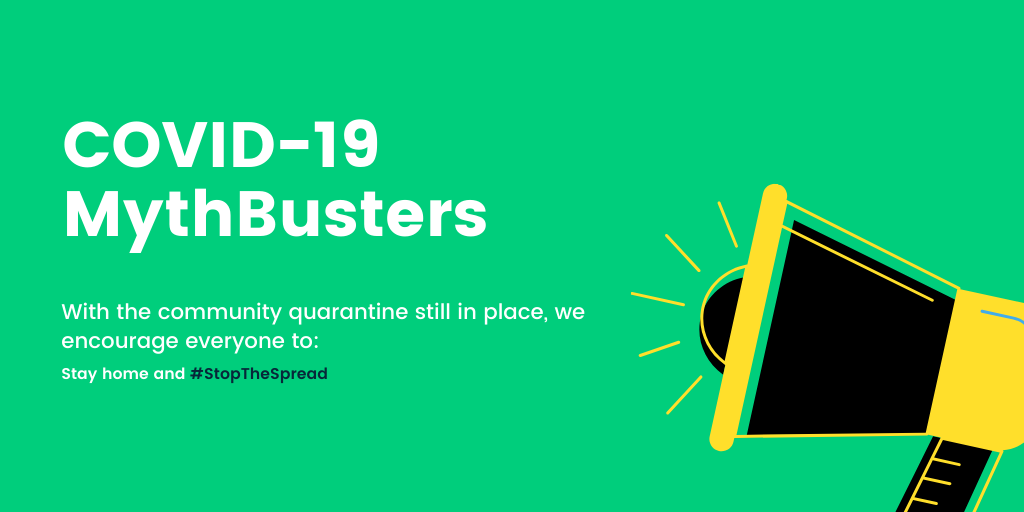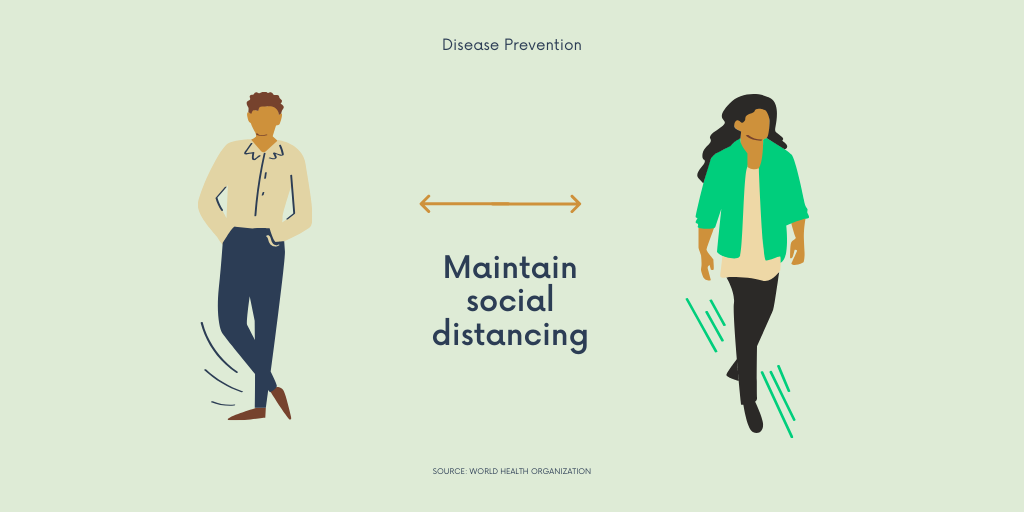
Coronavirus disease (COVID-19) is an infectious disease caused by a novel coronavirus.
The disease causes respiratory illness (like the flu) with symptoms such as a cough, fever, and in more severe cases, difficulty breathing. You can protect yourself by washing your hands frequently, avoiding touching your face, and avoiding close contact (1 meter or 3 feet) with people who are unwell.
WHO Health Alert for coronavirus launches on WhatsApp
To increase access to reliable information, WHO worked with WhatsApp and Facebook to launch a new WHO Health Alert messaging service. The WhatsApp-based service will provide vital information about COVID-19 to millions of people through their mobile phones. The services use an AI chatbot to provide updated information on the pandemic, including how to protect yourself, questions and answers, and the latest news and press coverage.
The Health Alert service is now available in English and will be introduced in other languages this coming week. This is part of WHO’s a wider initiative to work with technology companies to get accurate health information into the hands of people that need it at this critical time.
Most importantly, we hope that you and your family are safe and remain healthy.
Please consult a doctor if you experience serious symptoms for the disease otherwise stay home and stop the spread.
Here is a list of statements intended to dispel myths about the COVID-19 disease:
- From the evidence so far, the COVID-19 virus can get transmitted everywhere, including hot and humid areas.
- Hand dryers and hot baths cannot kill the virus; nor will standing in the sun
- Drinking lots of water will not flush out the virus. Eating ice cream won’t freeze the virus either
- The virus cannot be transmitted through mosquito bites
- Cleaning your nose with soap or sanitizer will not kill the virus
- Spraying yourself with or drinking alcohol will not kill the virus
- Having lots of vitamin and herbal supplements might build immunity, but will not protect you from getting infected
- Holding your breath for 10 seconds without coughing is not a way to confirm whether or not you are infected with COVID-19. The test needs to be done by a medical practitioner. Results take 24 hours
- There is no scientific evidence to suggest that cow urine or crushed bull horn can protect a person from the virus.
- Flu vaccines do not protect against COVID-19




